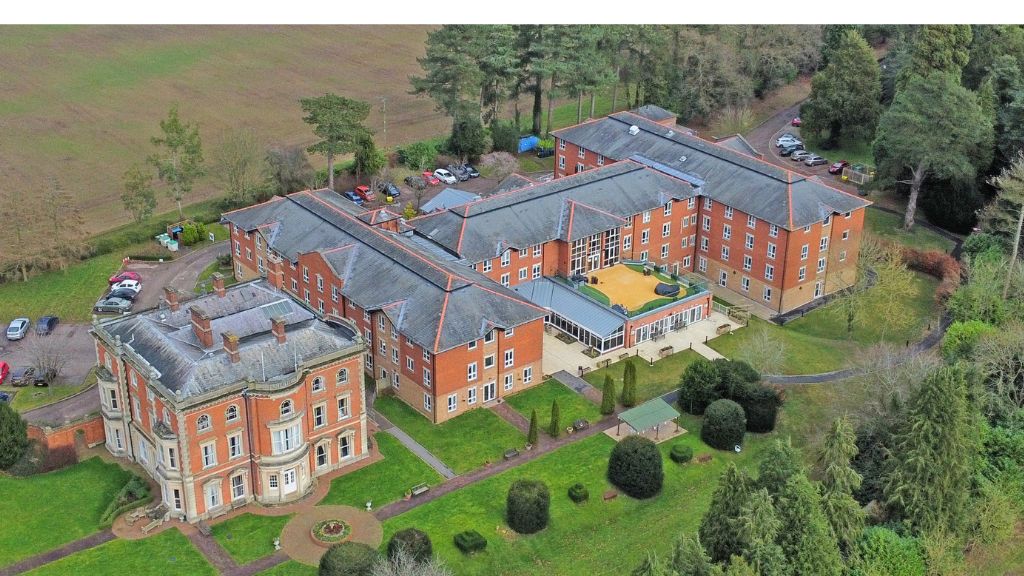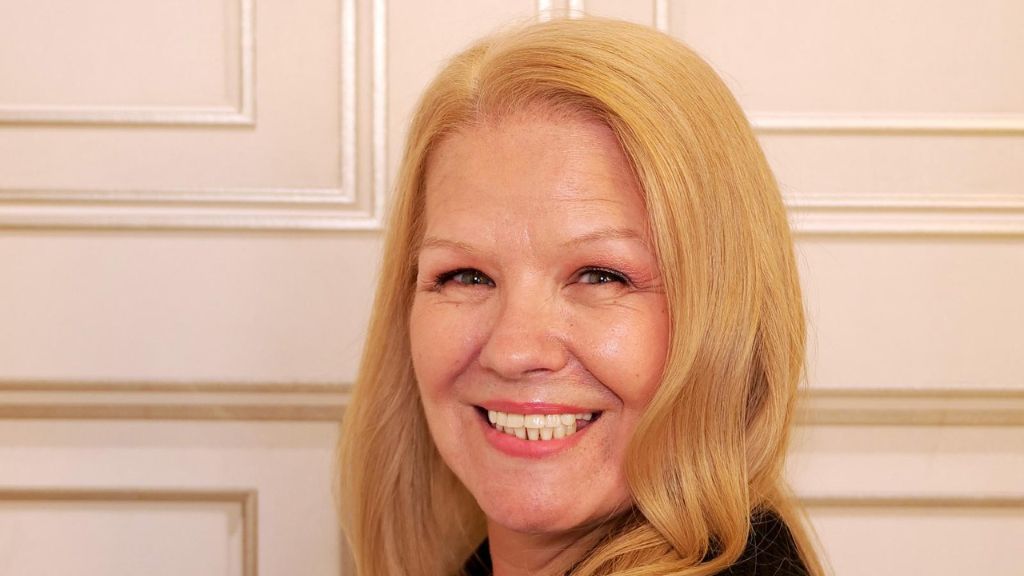Cost-of-care exercise identifies £2.3bn shortfall in care home funding
A cost-of-care exercise carried out by the government has identified a £2.3 billion shortfall in care home funding.
The exercise, which was completed last month, was part of the government’s social care reform programme which was delayed by two years by chancellor Jeremy Hunt in November.
The Guardian revealed the exercise had identified a 20% shortfall in council funding to almost 200,000 people aged over 65 in care and nursing homes.
It means some councils are paying hundreds of pounds each week below the true cost of care.
Professor Martin Green OBE, chief executive of Care England, confirmed the figures in The Guardian report, commenting: “After analysing the cost-of-care figures Care England has identified a gap of £2.3bn between the real cost of care and what local authorities are paying. This is both disgraceful and unsustainable and will lead to the closure of many services and this will leave vulnerable citizens without care and support and the NHS in crisis.”
Nadra Ahmed OBE, chair of the Care Provider Alliance, said: “The CPA has worked closely with our care providers to ensure that the government’s market analysis was carried out to evidence the ‘true cost’ of providing care and support to some of our most vulnerable citizens. It was deeply disappointing, but not surprising, that the care market is showing an untenable operating position, which impacts on people that draw on services across our country, their relatives and carers.
“We call on this government to acknowledge the findings and invest in social care to support the development of an expert-led workforce strategy and 10-year plan, aligned with the NHS workforce plan so that we do not let any individual down when they need social care.”
Cathie Williams, joint chief executive of the Association of Directors of Adult Social Services said: “What the costs of care exercises have shown is what we’ve known for many years: adult social care has nowhere near the funding it needs to provide high quality support to people who need it. That means many older or disabled people and those caring for a family member waiting longer for assessments and more unmet, under met or wrongly met needs. It means social care staff are not being paid fair wages and social care providers are not getting fees that properly cover their costs.
“And the shortfall suggested by these cost-of-care exercises is only part of the picture. It’s based on figures from two-years ago, which have since increased due to inflation, and focuses on paying fair costs for care home places. Similar shortfalls exist in the provision of the whole range of support adult social care pays for people at home and in the community. It doesn’t include essential support for us to live good lives, investment in supported and extra care housing, in prevention and crisis response. In 2019, the Health and Social Care Select Committee (chaired by the current chancellor, Rt Hon Jeremy Hunt MP) stated that, before inflation, over £7bn a year was needed.
“Now the Government has a better understanding of provider care costs they should provide the long-term sustainable funding to deliver the ambition set out in the Adult Social Care White Paper for people to be able to access outstanding quality and tailored care and support.”
Cllr David Fothergill, chairman of the Local Government Association Community Wellbeing Board, said: “These figures confirm what the LGA has been warning of for some time, that the adult social care sector does not have the funding necessary for sustainable care providers to deliver high quality, personalised care and support to people on a consistent basis.
“This gap only paints one part of the picture of how much social care is struggling, it doesn’t account for under met and unmet need, preventative care and other support measures that help people who draw on care to live an equal life.
“We have consistently said that £13 billion is needed for social care so that its many pressures can be addressed and councils can deliver on all of their statutory duties.”
A Department for Health and Social Care spokesperson said: “We are making available up to £7.5 billion over two years to support adult social care and discharge.
“This historic funding boost will put the adult social care system on a stronger financial footing and help local authorities address waiting lists, low fee rates, and workforce pressures in the sector.
“We are also promoting careers in care by launching our annual domestic recruitment campaign and investing £15 million to increase international recruitment of carers.”




